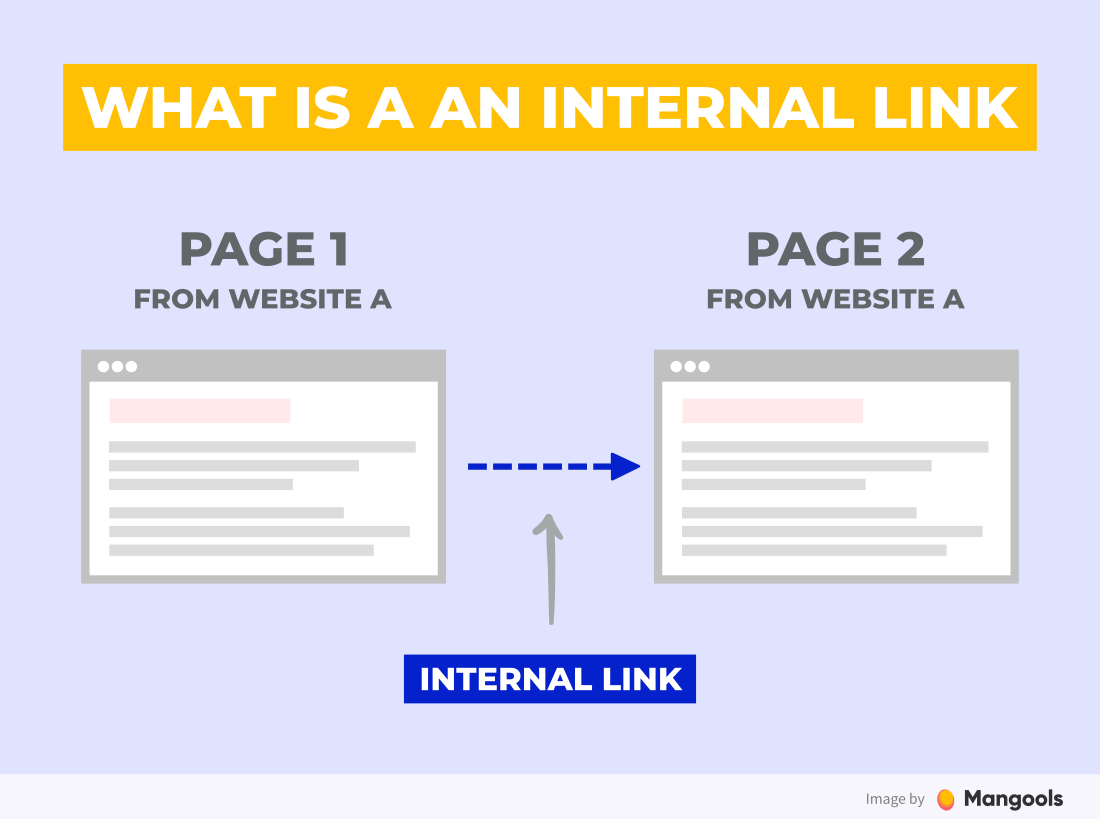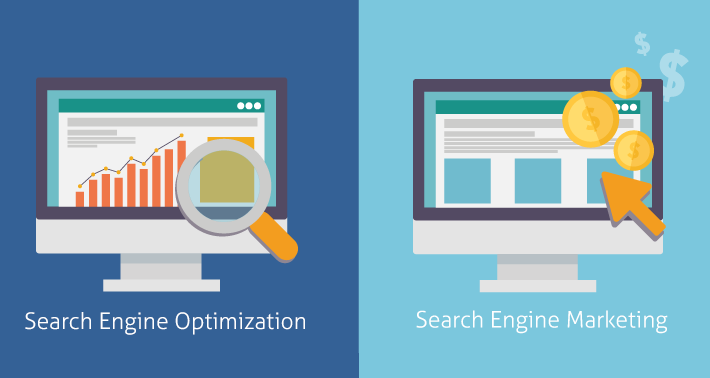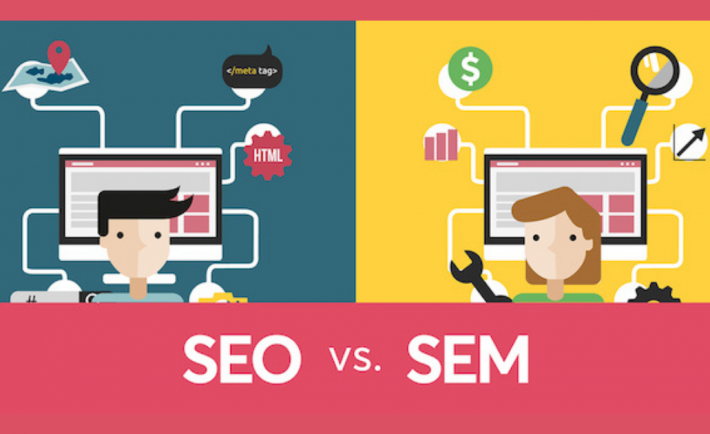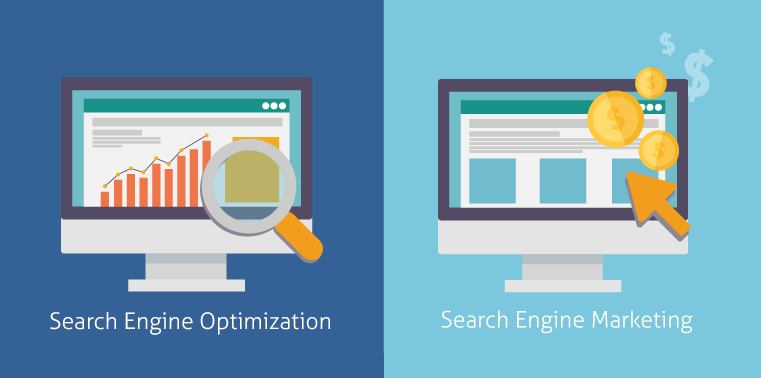Let’s face it. Most people won’t find your website if you’re not on the first page of a search engine results page (SERPs). So if you’re a business owner and don’t get as much organic traffic, conversions, and sales on your website, you need to look closely at improving your search engine optimization (SEO).
Don’t have any dedicated person with SEO skills who can implement a sound strategy? Hire someone or a team like Traffv proven to deliver results.
SEO has become paramount to many business owners. This is especially true at this time when there are plenty of startups, small businesses, and medium enterprises fighting for exposure.
Revenue results from visibility. But this is only possible if you can reach more people. This is why you need SEO to help increase your brand visibility.
Since it’s common to hear SEO, many assume it’s easy to accomplish. However, many businesses fall into the trap of believing this.
Collaborating with the wrong agency or executing a not-so-well-laid-out SEO plan can be disastrous for your time and pocket. The worst thing that can also happen is getting the boot from search engines.
Don’t wait for that to happen. Read up and avoid the five most common SEO mistakes you should avoid.
1. Don’t DIY your SEO.
It’s not entirely wrong to do SEO on your own. But it’s only advisable to do so if you’re aptly knowledgeable on how to do it properly. Otherwise, you’re only going to waste time, money, and effort.
You should avoid SEO on your own because search engine algorithms constantly improve to provide the most error-free results. Another reason is that it’s hard to be objective when executing your action plan. As a business owner, you can get too personal with your strategies. Before you know it, you’re already letting your emotions run the campaign. Thirdly, investing your time in other value-adding tasks, such as improving operational efficiency, will bring more results to your company.
2. Don’t fall for sweet words.
Beware of companies that promise to give you results too fast. If they promise to help you bring your website to the top page of the SERPs in no time, you should know they’re all words.
SEO takes time. So don’t be easily swayed by these hollow promises. Do take a step back if they promise to optimize your website overnight. It just won’t happen. Go for a company that will be upfront with you and your expectations.
3. Don’t use the black hat technique to make a quick buck.
You can sometimes make a quick buck using black hat SEO. But since this uses unethical tactics to optimize websites, it can be risky to employ. Search engines run audits and can impose penalties, resulting in outright bans on websites that practice them.
Here are some black hat techniques you should avoid:
Keyword stuffing: Repeatedly using words and phrases in content in an attempt to manipulate search rankings
Paid-link building: Paying a third-party domain for a followed backlink that points back to their pages.
Link exchanges: Arranging to cross-link each others’ content to increase search engine rankings mutually.
Hidden text and links: Hiding text (too many keywords) in different ways, e.g., by making use of white text on a white background
Blog comment spamming: Leaving comments that appear as ad placement or a random link to another website
4. Don’t get stuck in the past.
A search engine’s constant goal is to keep changing its algorithms to continually improve the standard of searches and fight against those who would circumvent the system. Google has made many updates and changes through the years, affecting how websites are ranked. Business owners should stay abreast of all these changes. If you do not move with the flow, your website might hit a plateau and eventually tank.
5. Don’t settle for low-quality content.
Search engines want to make life easier. They help users find the most valuable and pertinent information in the least amount of time. The biggest mistake you can make is to settle for poor-quality content when your rival’s content is exceptional. Your content should always give superior information, educational and, at the same time, entertaining.
As their lead specialist, Jaden Oh, shared, “We don’t focus on rankings. We focus on building a great brand and driving relevant, qualified organic traffic to your website. Rankings are just a by-product of building a great brand.”
So keep these SEO no-nos in mind and let the experts handle the work.








